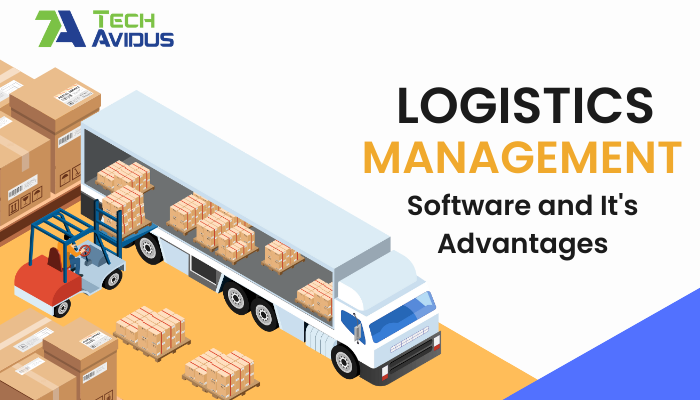
In today’s fast-paced business world, logistics plays a crucial role in ensuring smooth operations. With increasing complexities in supply chain management, businesses are turning to Logistics Management Software to automate daily tasks, enhance efficiency, and optimize resource allocation.
For businesses in the logistics sector that involve multiple stakeholders, custom logistics management software provides tailored solutions that streamline operations, improve visibility, and ensure seamless coordination across the supply chain.
Logistics Management Software (LMS) is a digital tool designed to facilitate the planning, execution, and monitoring of logistics operations within a supply chain. It integrates various essential functions such as:
By leveraging LMS, businesses can automate manual processes, improve decision-making, reduce costs, and enhance overall operational efficiency.
A robust logistics management software should include the following features:
Implementing logistics management software offers numerous benefits, including:
Custom logistics software aligns with specific business needs, optimizing workflows and providing industry-specific insights.
As businesses expand, scalable software ensures that logistics operations can grow without disruptions.
Custom-built solutions allow businesses to update and modify features as needed, reducing dependency on third-party vendors.
Automating logistics operations ensures timely product deliveries, improving customer satisfaction.
Advanced transport management software helps in reducing fuel costs, optimizing routes, and increasing delivery efficiency.
Automated systems minimize manual data entry, reducing errors and improving overall accuracy.
Daily tasks such as load planning, shipment routing, and tracking become seamless with automated functionalities.
Faster response times, real-time order tracking, and proactive issue resolution enhance customer satisfaction.
Analytics capabilities allow businesses to predict demand, manage risks, and optimize logistics costs effectively.
To stay competitive in an evolving marketplace, businesses must embrace logistics management software that streamlines supply chain processes, enhances efficiency, and reduces costs. Choosing the right custom logistics management solution ensures businesses can scale operations, meet customer demands, and improve overall logistics performance. If you're looking for a tailored solution, we’re here to help answer your questions and guide you through the process of digital transformation in logistics.
Our Top 1% Tech Talent integrates cutting-edge AI technologies to craft intelligent, scalable, and future-ready solutions.
All Rights Reserved. Copyright © 2025 | TechAvidus